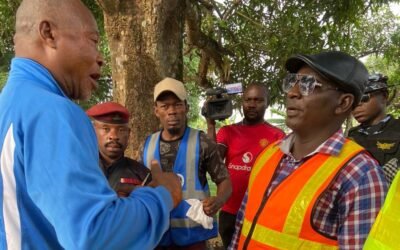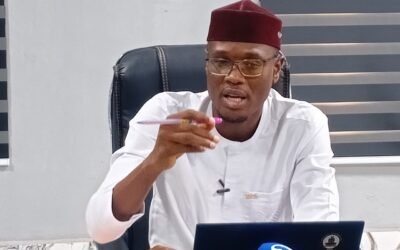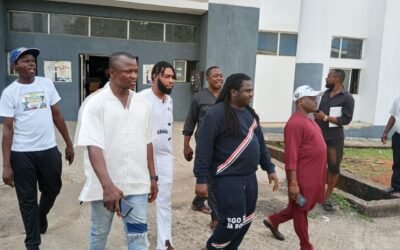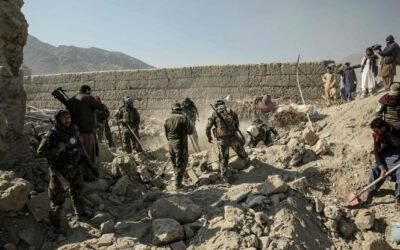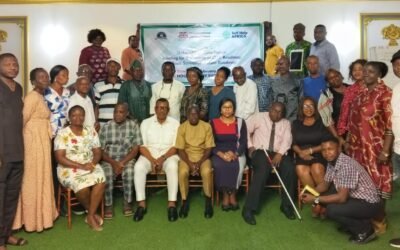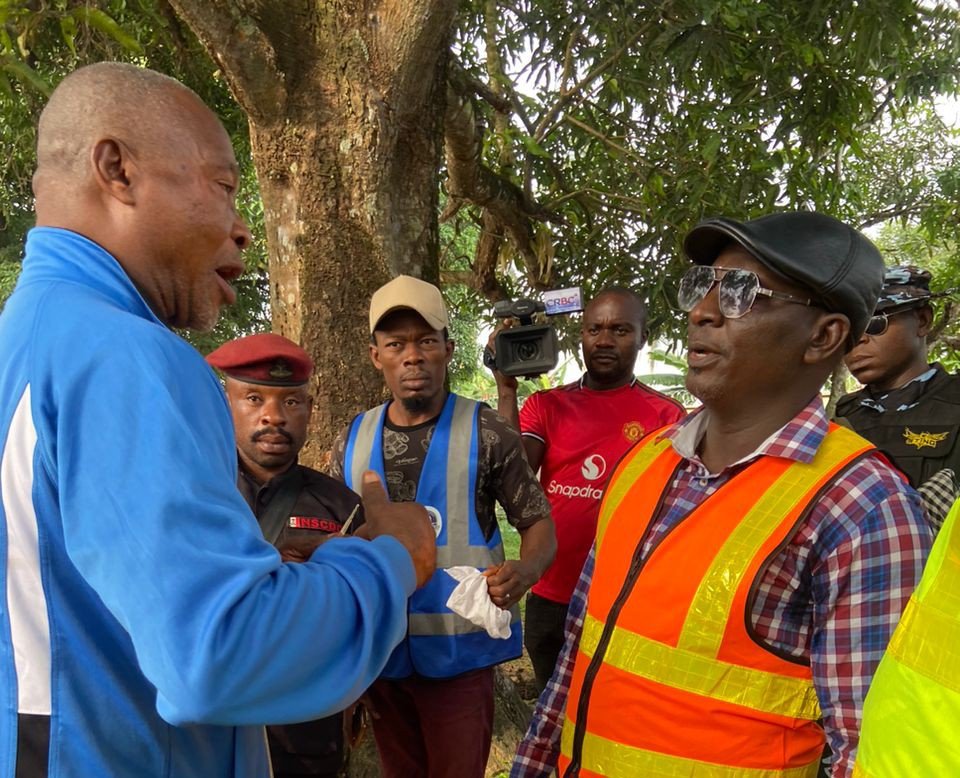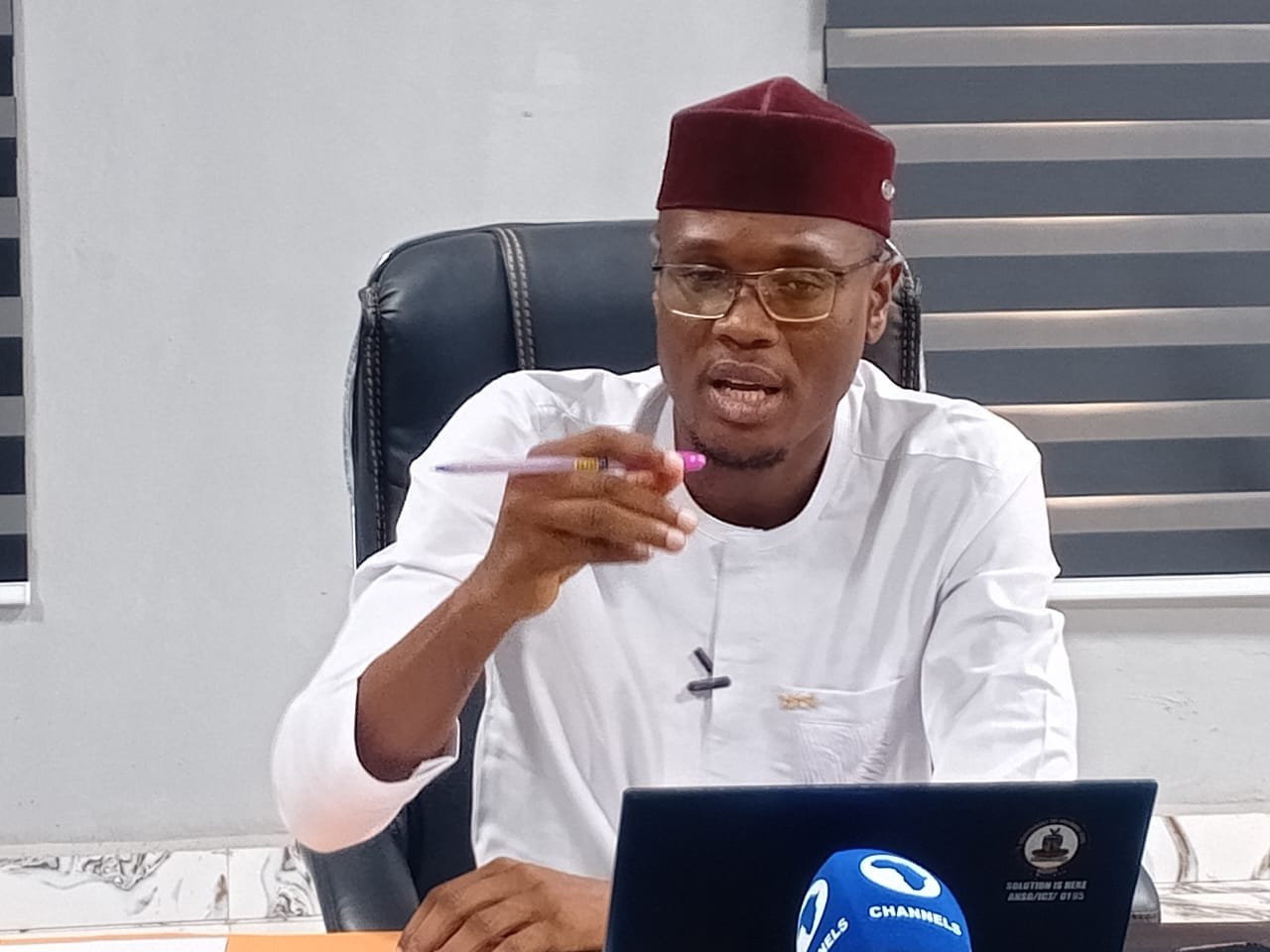The fight against gender based violence in the society is one that requires joint efforts from all stakeholders to win.
It is in the light of this that UNICEF under the EU-UN Spotlight Initiative, partnered with the Cross River State Ministry of Humanity and Social Welfare, to train members of the Community Surveillance Team of End Violence Against Women and Girls (ENDVAWG) in the state.
The training which took place at NAKS Hotels, specifically focused on Child Protection Case Management for surveillance team members in Calabar Municipal and Calabar South local government areas.
Speaking at the commencement of the 3-day training, the Permanent Secretary, Ministry of Humanity and Social Welfare, Rev. Joseph Ugbe, in his opening remarks, said it was a great pleasure to welcome both facilitators and participants to the training programme for surveillance team members in Calabar Municipal and Calabar South local government areas, who are agents of change in this noble course.
Rev. Ugbe declared that any “Involvement in the matters of child protection is a welcome development because it’s the children in our midst that have suddenly become endangered species.”
He lamented that in the past, the situation was not as bad as it is today, saying “When we were children, it would be possible for a neighbour to spank your child and you’ll be happy that was done. And so, the child’s upbringing was a community thing, but over the years, it has become difficult and rather than the community taking care of the child, we have become the ones endangering the child.”
The Permanent Secretary thanked UNICEF and EU-UN Spotlight Initiative for stepping in to train specialists in surveilance matters, which according to him was laudable. He regretted that those who are suppose to protect these children would rather be the ones to endanger them, averring that “Men of God, most often become problem, even the traditional rulers are now problem to children.”
On his part, the lead facilitator and resource person at the training workshop, Mr Kebe Ikpi, stated that the training was essentially to expose participants to understanding what constitute violence against women and girls in their various communities.
Mr Ikpi, who works as Programme Manager at Basic Rights Council Initiative, explained that the idea of the training was also to help the team members identify cases of abuse in their communities, and to make them know that there are legal and policy frameworks in the state that deal with these issues.
Commenting on the training, Mr Victor Atuchukwu, a Child Protection Specialist at UNICEF, Enugu Field Office, said UNICEF is supporting the coordination and implementation of the EU-UN Spotlight Initiative projects in Ebonyi and Cross River States.
“As you can see we are in Calabar Cross River State today. We are having an engagement. This is day 3 and final day of our 3-day engagement on what we call the End Violence Against Women And Girls (ENDVAWG) surveillance team in communities. Remember some time last year in August we were able to have advocacy dialogue with traditional, religious leaders and other community gatekeepers, after which we had establishment and training of our community surveillance team members.
“The community surveillance members are more like the eyes, ears and the mouths at the community level who observe and report violence and also provide support and prevention services like sensitization campaign and all that. This followed our engagement some 8 months ago.
“After the inauguration on August, 2020, we had a review meeting with them one month ago where we observed there may be need to have additional capacity building for them around child protection, women protection and case management, especially when it comes to linkage and referral services, which I think is the mainstay of their case management or response services and deliverables. That’s why we are here. It’s been very worthwhile for everybody – the EU, Cross River State government to the community members themselves. I think I overheard them saying they have learned a lot. They’ve been living in ignorance but today they have more information about what exactly their responsibilities are, and very importantly, the component of working closely with the state actors and not just at the community level to see that all cases are reported and none is swept under the carpet.
“I am happy. We are achieving what we set out to achieve as the EU-UN Spotlight Initiative. Basically, when the community own a problem or an issue, then it’s half solved because they are understanding it, owning it, acknowledging that it’s a problem to them, then they take necessary steps to addressing such problem. They have said. Now we know. We agree. We are going to put all efforts we need to see that all issues of violence against women and children are addressed in the community. It makes life easier also for everybody, including the EU-UN Spotlight, because sustainability is at the core of development and humanitarian services. So with the commitment of the community people, we are good to go. In no time we will end violence against women and girls and all children in our community.”, Atuchukwu stated.
In her reponse, Mrs Ndodeye Bassey-Obongha, a member of Spotlight Initiative Civil Society Reference Group, and Head of Programmes at Girls Power Initiative, outlined the responsibilities of the surveillance team members to include whistleblowing to create the awareness for optimum impact in the communities, among others.
Mrs Ndodeye said “the issue of violence against girls, women and children has been on the increase since last year, and was actually seen as a shadow pandemic aside the COVID-19 pandemic. So, to have community mobilizers, people who are ever ready to handle cases of this violence on standby at any time. It’s important as an organisation to have these people within the communities who can do case management, that’s the essence of the training of surveillance team.”
She emphasized the need for capacity building for the surveillance members to deliver on the responsibility given to them, adding that “the essence of this 3-day training is to equip the surveillance team on what constitute child abuse, what constitute violence against girls and women, what kind of cases should they be looking out for when they go out for community awareness, what information should they be passing? Because you can’t give out what you don’t have.”
Explaining the philosophy of the training, Ndodeye said ”If you don’t even understand or know who a child is or what the Child’s Right Law states as regards Cross River State, what information would you be passing out when you go for community awareness when questions are raised? If you also do not have the basics involved in violence against women and girls, case management frameworks, repairer systems, the issue of how to even collate data and knowing what data is necessary and what data you need to put in place in case you need to pursue litigation of justice. If the surveillance teams don’t even know the referral mechanism within the state for you to refer cases, then you would not be able to carry out the responsibilities for which they are assigned.”
Also speaking, Barr. James Ibor, Chairperson of the Child Protection Network, Cross River State, said the Network coordinates the activities of other civil society organizations working to keep children in Cross River safe.
He expressed joy for UNICEF’s support to the Community Surveillance Team, especially in the area of capacity building, adding that it would go a long way to enhance effective response to cases of violence against women and children.
Similarly, some of the participants who spoke at the end of the 3-day training, thanked UNICEF and the EU-UN Spotlight Initiative for putting together the training workshop which has broadened their knowledge on issues surrounding violence against women, children and girls.
They said they will apply the knowledge acquired from the training in discharging their responsibilities as community surveillance team members to ensure that cases of violence against women and children are reduced to the bearest minimum in the society.

